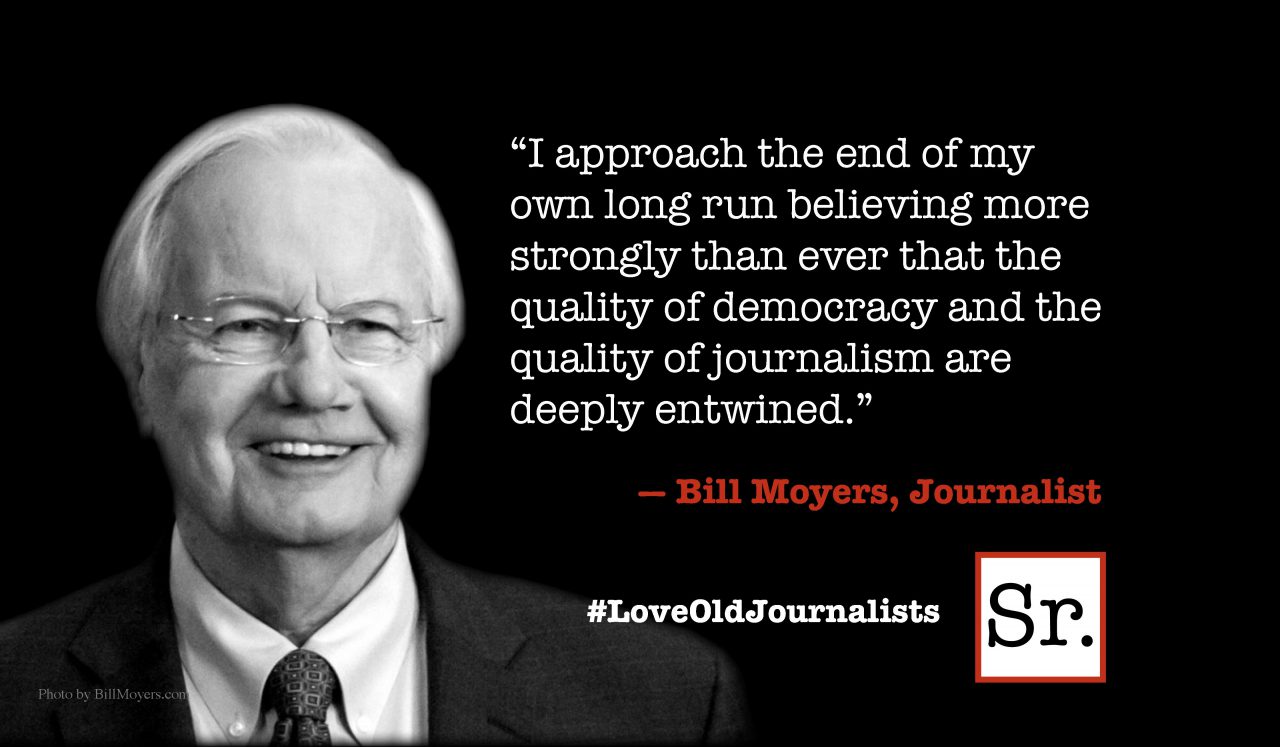In June 1972, the political scandal known as Watergate erupted with the burglary of the Democratic offices at the hotel of the same name. The scandal that ensued involved abuse of power, perjury and the resignation of the sitting president, Richard Milhous Nixon.
Today many people are drawing parallels to our current political situation, but the one person who was on the scene then and can speak with authority is Rufus Edmisten, the Deputy Chief Council for the Senate Watergate Committee. I had the distinct honor of being shown the original subpoena served to the White House for the Watergate tapes by Rufus Edmisten as we sat in his office to talk about leadership and lessons learned.
“We were talking about the golden rules of civility: keeping your own friends, having empathy, thanking those who helped you get where you are, avoiding hubris at all costs (which is the deadliest of all the sins), and having some sort of spirituality. Hubris, in many ways, is the catchall for someone forgetting where they came from. People are born with different traits, but then there are some things you can learn. I do not buy the theory that it’s basically in your DNA. There is one thing everybody in the world can learn, and it’s courtesy and saying ‘thank you.’ I have noticed that the people that I admire the most are the people who never forget to say ‘thank you.’”
Civility in the workplace means more than just being polite or courteous. If you are a leader, it also entails mutual respect and effective communication. Being at the helm, whether in government or corporate America, means that others will look up to you and follow your example. According to the non-partisan group known as the Institute for Civility in Government, civility is about disagreeing without disrespect, seeking common ground as a starting point for dialogue about differences, listening past one’s preconceptions and teaching others to do the same.
“I think it is a hard time to be a good leader and be empathetic, because now it is a “gotcha world.” The body politic today is very gotcha. Your staff can make you or break you. It is all changed now; partly because of the media. I blame the loud mouths on the left and on the right and the talk shows because it is a form of entertainment to them, and so many people believe that entertainment is the truth. This has permeated the thoughts and activities of young people today. I see them yelling at one another when it would have been forbidden in my home growing up if you had said some of those things that young people are allowed to say today. Or what the adults say to one another on television. You see so much incivility that it has become common place.”
A good leader has to separate the life of running the business. “There is a thin line there. You have got to be able to be versatile and I think you have to have a basic underlying kindness about you. But not to the extent where it gets you compromised. That is a hard line for leaders to understand that you want to be friends with the people with whom you work but not to the point where you are buddy-buddy because when the hard decisions come it is harder to say ‘no’ when somebody is doing something wrong.”
In a study that was conducted in conjunction with the "Harvard Business Review" involving nearly 20,000 people around the world, the responses showed that when it comes to garnering commitment and engagement from employees, the one thing that leaders need to demonstrate is respect. Christine Porath, one of the researchers involved in the study and the author of "Mastering Civility: A Manifesto for the Workplace" writes that respect is directly tied to what a particular individual expects and how the leader makes the person feel. Norms vary by culture, generation and gender as well as industry and organization.
“I was running a Justice Department at 32 years old. It was sort of hard for me to create an atmosphere that brought with it the requisite respect that the office needed. I have to say this, if I was a young person, I would seek out the older hands in a company to give me advice. If they are still there these days and they are older, people think they have some value.”
The golden rules of civility will serve a leader well when establishing and promoting the culture of an organization. It is essential for leaders to stay humble and grounded and battle the tendency towards excessive pride or hubris. Listening to learn and understand, and saying “thank you,” can boost employees’ esteem and job satisfaction. Both the giver and the receiver benefit from these simple acts of kindness. Leadership is both a gift and a responsibility. Learning these lessons is the hallmark of a true leader.
Thank you, Mr. Edmisten, for sharing your wise counsel.









